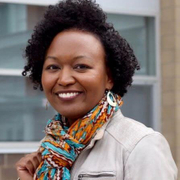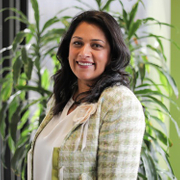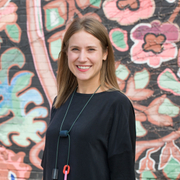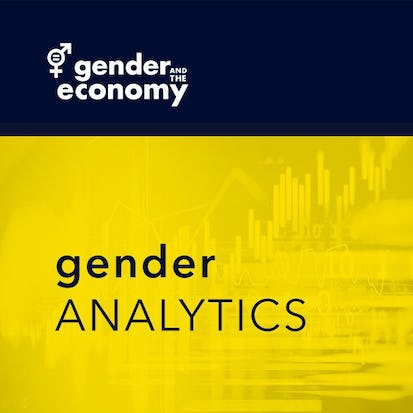- Level Foundation
- المدة
- الطبع بواسطة University of Toronto
-
Offered by

عن
Current conversations about diversity & inclusion often forget that these are not just HR issues but affect how products, services, processes & policies create outcomes that differ by gender, race, differences in ability, indigeneity & other intersecting identities. Gender Analytics is a methodology that allows you to create opportunities for business or policy impact by using gender-based insights to design transformational solutions. More here... In 5 courses offered by the Institute for Gender and the Economy, you will: >Examine how policies, products, services & processes have gendered impacts that miss opportunities or create needless risks >Break norms that perpetuate exclusion in serving customers/beneficiaries >Get comfortable with concepts such as sex, gender identity & intersectionality >Learn qualitative & quantitative analytical techniques to uncover intersectional gender-based insights >Use human-centred design to create innovative solutions >Become a transformational leader Who is this designed for? >Business leaders who want to use gender insights to innovate >Government & NGO professionals who want to do gender-based analysis (GBA+) >Women’s studies experts seeking job-related applications >Business analytics experts extending their skills to questions of equity >Human resources professionals looking to be partners for business innovation *Academic Director: Sarah Kaplan; Project Lead: Lechin Lu; Teaching Consultant: Kim de LaatAuto Summary
Explore Gender Analytics: Gender Equity through Inclusive Design, a Data Science & AI course by the Institute for Gender and the Economy on Coursera. Led by academic director Sarah Kaplan, this foundational course delves into gender equity's impact on products, services, and policies. Through five courses, business leaders, government professionals, and HR experts will learn to use gender-based insights for innovation. Subscription options include Starter and Professional. Engage in qualitative and quantitative techniques, human-centered design, and become a transformational leader.

Sarah Kaplan

Brian Silverman

Chanel Grenaway

Karen Sihra, PhD

Nika Stelman

Mark Leung

Jia-Lin Xie

Nouman Ashraf


